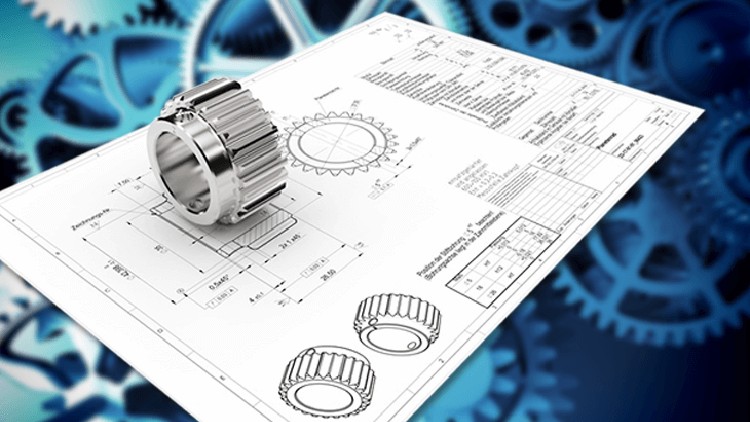
Machine Design is a specialized branch of Mechanical Engineering (ME) that focuses on creating mechanical systems and devices that efficiently perform specific tasks. This field encompasses the design and development of a wide range of machinery, from simple components to complex systems. A Master of Engineering (M.E.) in Machine Design is a postgraduate program tailored for individuals who wish to deepen their understanding and expertise in designing mechanical systems.
The curriculum of an M.E. in Machine Design typically covers advanced topics such as kinematics, dynamics, material science, stress analysis, and computer-aided design (CAD). Students delve into the principles of designing machine elements like gears, shafts, bearings, and structural components. They also explore manufacturing processes and materials selection to ensure the optimal performance and reliability of the designed machines.
One of the key aspects of machine design is the consideration of factors such as safety, efficiency, and sustainability. Students learn to integrate these considerations into their design process, ensuring that the machines they create not only meet functional requirements but also adhere to industry standards and regulations.
The program often includes hands-on projects and case studies that allow students to apply theoretical knowledge to real-world problems. Additionally, students may be required to complete a thesis or research project, providing an opportunity to contribute to the advancement of knowledge in machine design.
Graduates of M.E. in Machine Design programs are well-prepared for roles in industries such as manufacturing, automotive, aerospace, and robotics. They may work as design engineers, research and development professionals, or consultants, contributing to the innovation and improvement of mechanical systems. The skills acquired in machine design are essential in creating products that drive technological advancements and enhance the efficiency of various industries.